Generative Images - Generative Imageries:
Challenges of Visual Communication (Research) in the Age of AI
November 20th - 22nd, 2024
The conference begins in:
Tag(e)
:
Stunde(n)
:
Minute(n)
:
Sekunde(n)
Our Esteemed Sponsors
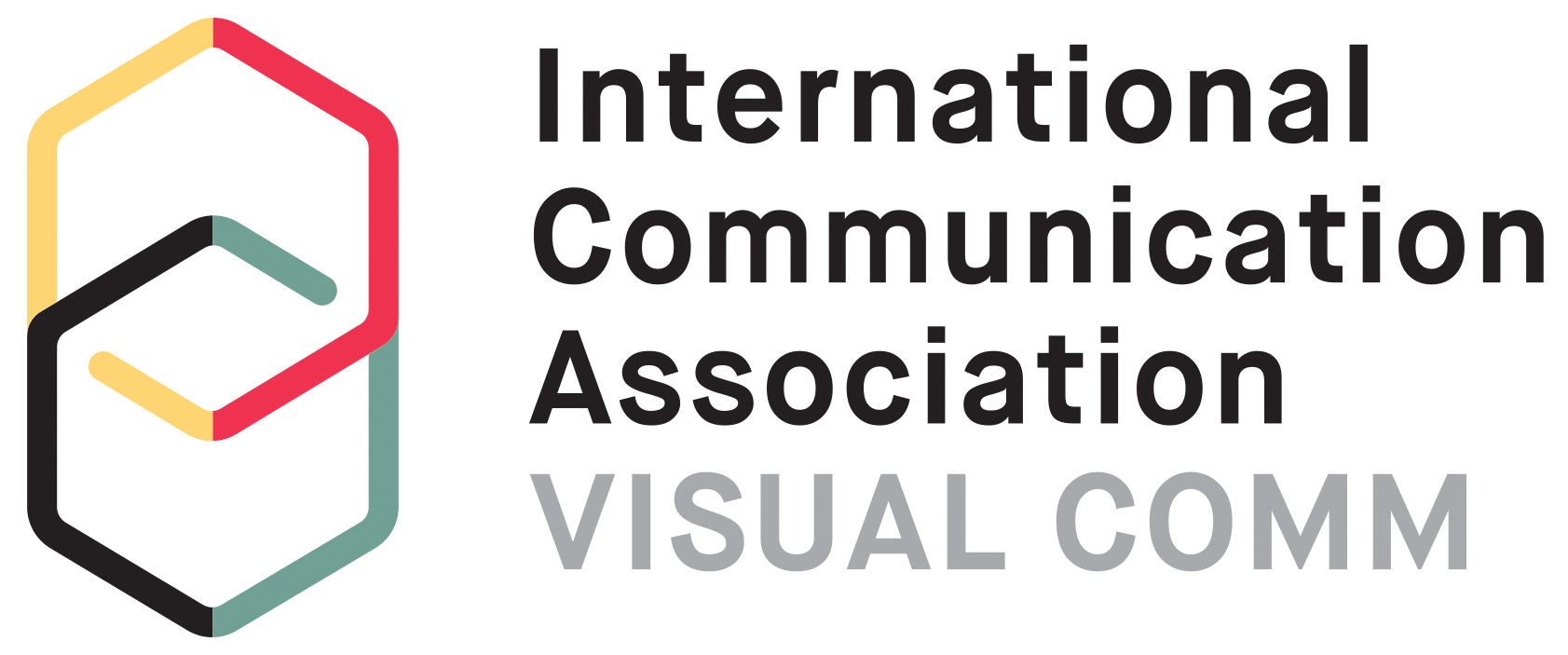


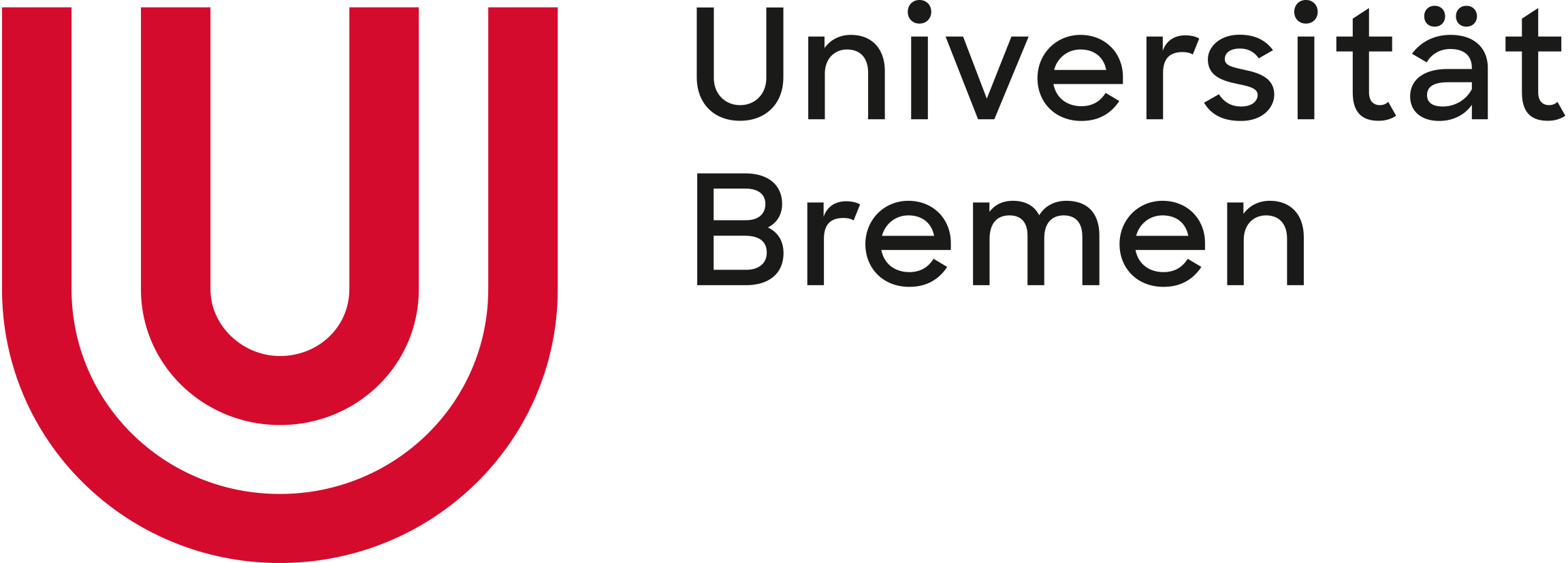
Keynote Speaker
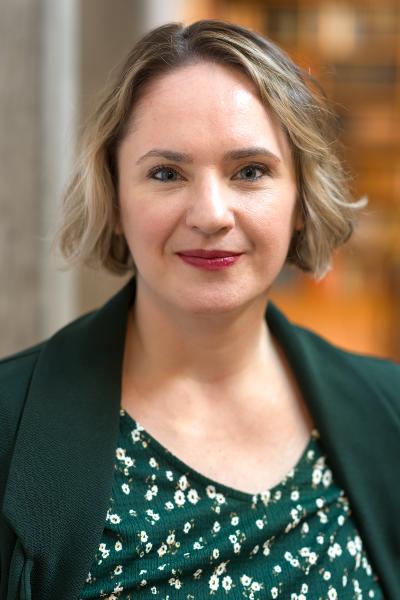
Amanda Wasielewski
Photo credit: Göran Ekeberg
Key Note „Generative Images - Generative Imageries: Challenges of Visual Communication (Research) in the Age of AI”
21st November 2024, 9:30 – 10:30AM
Organizing Team
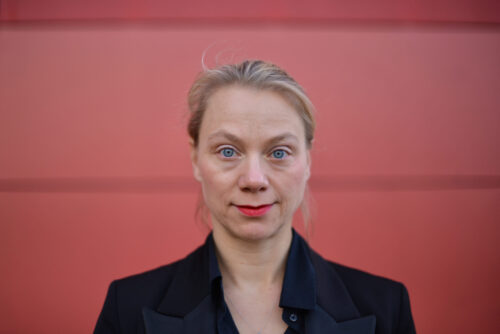
Stephanie Geise
Position
Stephanie Geise studies how people perceive and process political media content through images and text, with a focus on the impact of multimodal media messages—such as news, political ads, and online fake news—on political thinking and behavior. Her research combines surveys with innovative computer-based methods like eye-tracking and emotion recognition. She became a full professor in Bremen in 2022. Geise has led several research projects on media effects, including studies on protest reporting and its influence on political attitudes. She holds a Ph.D. in political communication and has held various leadership roles in academic groups (e.g. ICA, ECREA, DGPuK).
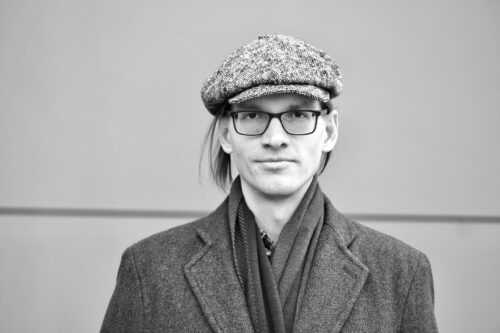
Michael Linke
Position
Michael Linke is a research assistant in the lab “Political Communication and Innovative Methods” of Prof. Dr. Stephanie Geise. Previously, he successfully completed a master’s degree in Computer Science for Graduates in the Humanities or Social Sciences at Chemnitz University of Technology in 2021.
Background Image & Logo (Copilot prompt): Katharina Maubach
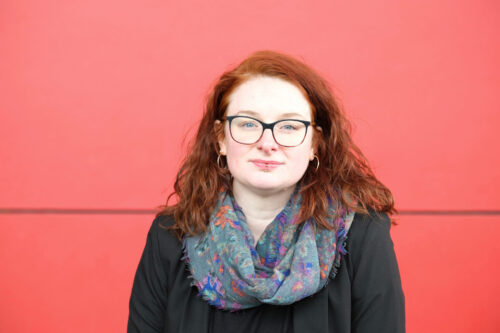
Sabine Reich
Position
Dr. Sabine Reich is a Postdoc in the ZeMKI-Lab Polital Communication and Innovative Methods of Prof. Dr. Stephanie Geise. Her cumulative habitation deals with the gender gap in political engagement and political action online. In her work, Dr. Reich mainly uses experimental designs and surveys and is interested in repeated measure designs, qualitative approaches and content analysis.
Conference Schedule
Call for Papers
Travel
Public Transport
Bremen Central Station is centrally located in the city center and is connected to the public transport network (BSAG) by bus and streetcar. The journey time to the university is 20 minutes (streetcar 6 in the direction of “Universität” to the stop “Bremen Universität/Zentralbereich”).
Car or Intercity Bus
The central bus station is located in the center of Bremen, right next to Bremen Central Station.
The University of Bremen is located on the A27. Coming from the A1 highway, change to the A27 at Bremer Kreuz in the direction of Bremen-Bremerhaven, leave the A27 at the Universität/Horn-Lehe exit and drive in the direction of Centrum/Universität.
Sufficient parking spaces are available on the campus and in the University Technology Park, but these are subject to a charge.
Via the Airport
City Airport is well connected by the BSAG streetcar line 6. The journey to the city center takes 11 minutes, to the university it takes 36 minutes (streetcar 6 in the direction of “Universität” to the stop “Bremen Universität/Zentralbereich”).
Accomodation
Bremen has a wide range of accommodation options near the main train station and the airport – Bremen has almost 30 hotels in the city center alone. You can find an overview here.
Radisson Blu Hotel Bremen
Böttcherstr. 2
28195 Bremen
H+ Hotel Bremen
Wachtstraße 27-29
28195 Bremen
B&B Hotel Bremen-City
Findorffstraße 28-32
28215 Bremen
Hotel Ibis Budget (at Main Station)
Bahnhofsplatz 41B
28195 Bremen
